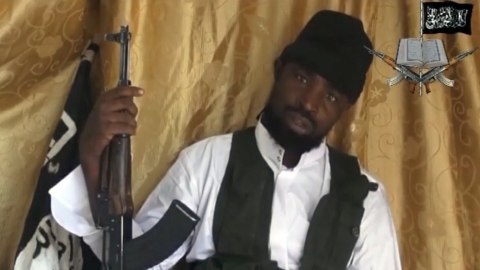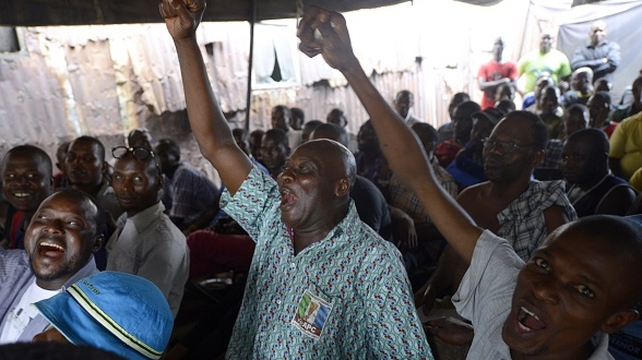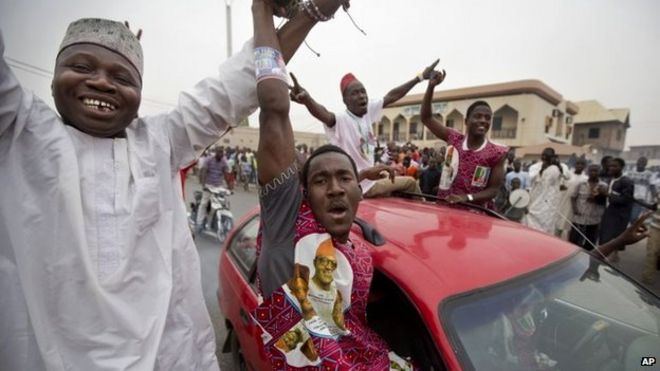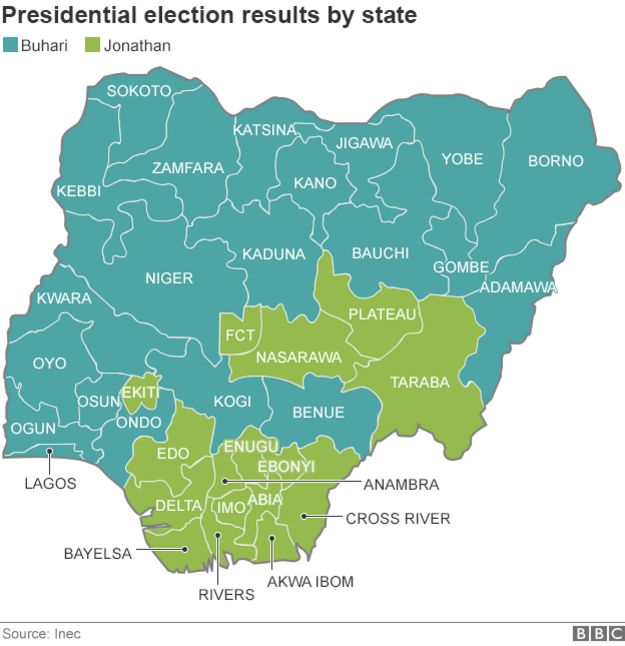Lagos, Nigeria (CNN)A
day after winning Nigeria's presidency, Muhammadu Buhari told CNN's
Christiane Amanpour that he plans to aggressively fight corruption that
has long plagued Nigeria and go after the root of the nation's unrest.
Buhari
said he'll "rapidly give attention" to curbing violence in the
northeast part of Nigeria, where the terrorist group Boko Haram
operates.
By cooperating with
neighboring nations Chad, Cameroon and Niger, he said his administration
is confident it will be able to thwart criminals and others
contributing to Nigeria's instability.
For the first time in Nigeria's history, the opposition defeated the ruling party in democratic elections.
Buhari
defeated incumbent Goodluck Jonathan by about 2 million votes,
according to Nigeria's Independent National Electoral Commission.
The win comes after a long history of military rule, coups and botched attempts at democracy in Africa's most populous nation.
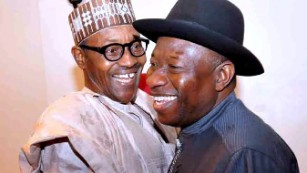
APC Party: Nigerian Pres. Jonathan has conceded 03:20
In
an exclusive live interview from Abuja, Buhari told Amanpour he was not
concerned about reconciling the nation after a divisive campaign.
He
said now that he has been elected he will turn his focus to Boko Haram
and "plug holes" in the "corruption infrastructure" in the country.
"A
new day and a new Nigeria are upon us," Buhari said after his win
Tuesday. "The victory is yours, and the glory is that of our nation."
Earlier, Jonathan phoned Buhari to concede defeat. The outgoing president also offered a written statement to his nation.
"I
thank all Nigerians once again for the great opportunity I was given to
lead this country, and assure you that I will continue to do my best at
the helm of national affairs until the end of my tenure," Jonathan
said.
"I promised the country free and fair elections. I have kept my word."
Buhari, 72, will be sworn in on May 29. He will take the helm at a critical time, as Nigeria grapples with Boko Haram, serious economic woes and corruption.
A leader again
This isn't Buhari's first time leading Nigeria, but it's his first time in nearly 30 years.
A
military coup brought Buhari to power in late 1983, closing a brief
period of popular rule by Shehu Shagari. But Buhari himself was ousted
by another military coup in August 1985.
His presidential win is the result of his fourth attempt to lead the country since he was ousted 30 years ago.
Buhari
is a Sunni Muslim from Nigeria's poorer North, while Jonathan comes
from a Christian and animist South that is rich with oil.
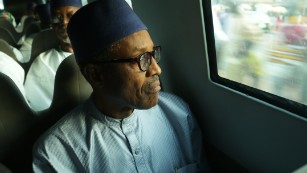
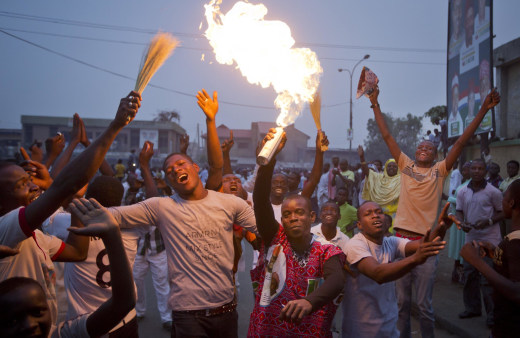 Ben Curtis / AP
Ben Curtis / AP
